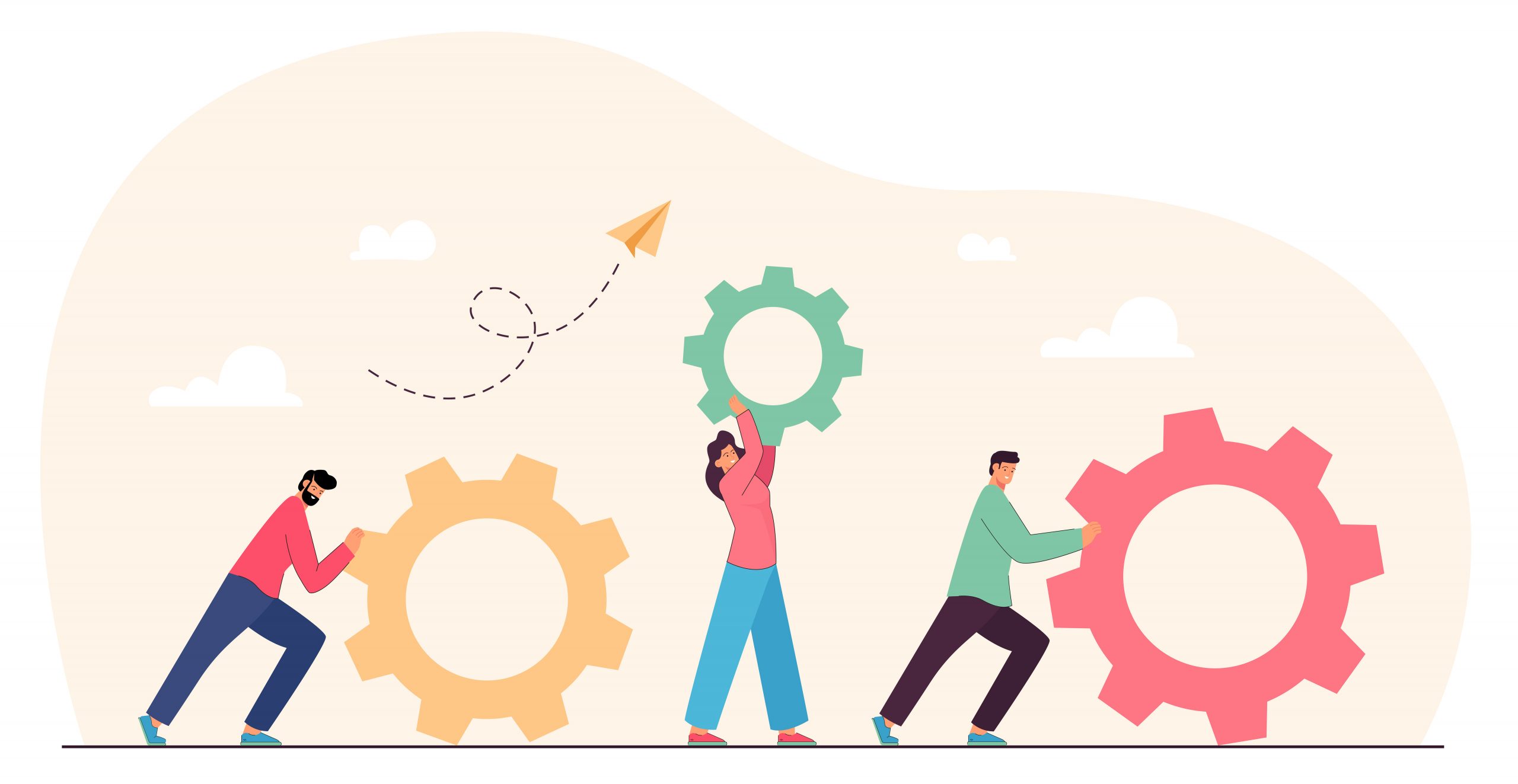Mentoring Learning Modules & Techniques

There are many approaches to mentoring. A more traditional approach would be where mentors share their experience with their mentees. We advocate for a non-directive approach where mentors help their mentees to navigate complexities and uncertainty by exploring opportunities and inviting their mentees to experiment rather than suggesting a way forward. This is critically important to strengthen the mentee’s agency and avoids building unwanted dependencies.
Mentoring is considered to be a very effective support intervention when people are in a phase of transition and change. The main objective is to help mentees to stand on their own two feet. A key success factor is the quality of the working alliance between mentor and mentee. The relationship between the dyads are based on trust and rapport. Mentoring can contribute to build external resources which has been identified as one of the most successful intervention.
The webinars and learning modules have been designed during the COVID-19 pandemic and the outbreak of the war in Ukraine. Both events present new challenges where traditional pathways to self- and regular employment became more difficult. To address such difficulties we decided to focus on a process models which help mentees to build confidence and independence, making use of what means they have and building up external resources. The related techniques can help to deal with uncertainty, complexity and ambiguity. However, no process model or technique is able to solve issues and advance the agenda of mentees. Therefore, we suggest to think of the processes and techniques as suggestions on how to deal with certain issues rather than a solution in itself. We strongly recommend to practice techniques before using them.
The processes & techniques can be used in an offline and online learning environment. The webinars can be delivered in 90’ sessions. Use and adjust them so they fit your and your beneficiaries needs. Use equal time for presenting the processes & techniques and discussing real life cases of your beneficiaries and how the processes & techniques might be used in your context.
EEA Coaching Mentoring Techniques
- Controlling the Controlables
- Rose-Bud-Thorn
- Scaling
- Creative writing – Morning pages
- Storyboard – Finding a way forward
EEA Mentoring Learning Modules
- Mentor Workshop – Induction
- Workshop 2 for Mentors: Processes
- Workshop 3 for Mentors: Listening & Questions
- Workshop 4 for Mentors: Effectuation
- Workshop 5 for Mentors: VUCA
- Workshop 6 for Mentors: Change & Transition

